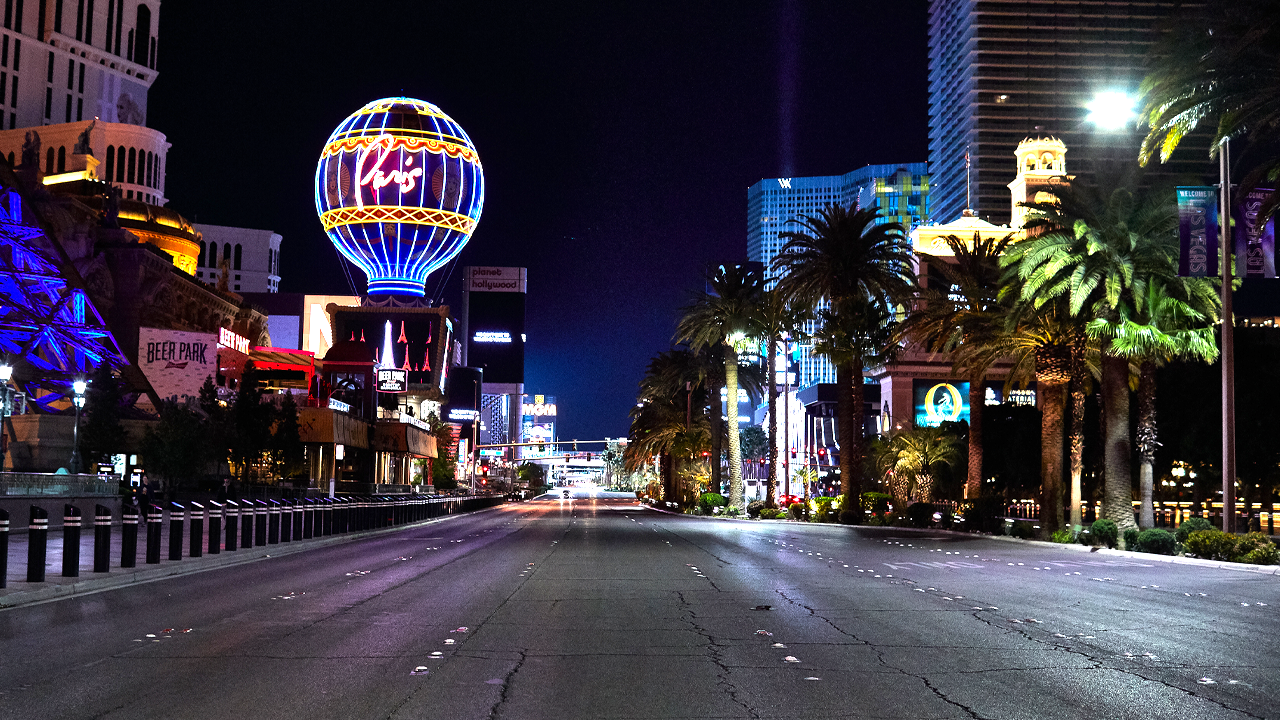One woman’s online shopping spree turned into a fashion fiasco — with a hefty price tag.
Amanda Ivanelli, a Florida-based family vlogger, was floored when she opened her mail and found a $1,243 FedEx bill associated with a recent ASOS order.
She originally ordered “a bunch of dresses” from the British fast fashion side but only kept one or two of them, totaling about $150.
“I got my mail today, and I got this,” she said in a now-viral TikTok, waving the invoice. “And I open it, and I’m like, ‘It’s an invoice for $1,243.’”
Ivanelli suspects the surprise fee was due to import tariffs — government-imposed taxes on foreign goods that President Donald Trump imposed under a rarely used 1977 emergency law.
“I would have never ordered from ASOS or anywhere that I know I would be charged for — I’m assuming — the tariffs,” she fumed in the clip.
“Isn’t that something that should have been shown at checkout?”
“I had no idea when I checked out, I had no idea,” she went on.
The Post reached out to Ivanelli for comment and more details on her experience.
Fashionistas are feeling the tariff squeeze more than ever these days.
The measures targeted China, Mexico, Canada and nearly every U.S. trading partner.
While a federal court blocked the tariffs in May, the Trump team is expected to appeal — and shoppers are left hanging in legal limbo.
It’s become like a curse word, one style-savvy New Yorker dished to The Post.
Tiffany Radulescu, a 34-year-old Brooklyn glam girl, told The Post she skips the shipping stress by jet-setting to Europe for her wardrobe hauls.
“I’d rather catch a flight than catch a tariff,” Radulescu quipped, revealing she regularly flies to Paris to scoop Prada, Hermès and Louboutin without worrying about getting dinged by Uncle Sam.
And she’s not the only one scheming to skirt the fees.
Social media has become a runway of rage, with users bashing jaw-dropping duties that sometimes exceed the cost of the clothes themselves.
Big brands like Walmart, Nike and Macy’s have hiked domestic prices to cover the added costs, while luxury houses like Louis Vuitton and Hermès have padded US prices to keep profits intact.
Even activewear giant Lululemon has been feeling it.
“We are not immune to macroeconomic factors such as tariffs,” chief financial officer Meghan Frank said during a recent earnings call.
CEO Calvin McDonald added that while Lululemon had seen some tariff relief, the brand remains “vigilant.”
Turns out Ivanelli isn’t the only fashionista shopping for clothes and getting hemmed in by hidden fees.
Read the full article here

















